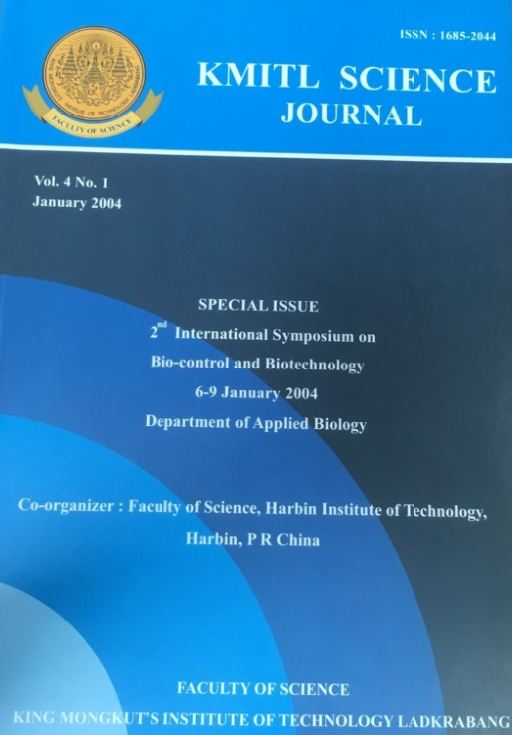The focus on genome research has shifted from structural genomics to functional annotation. A rapidly growing area of functional research is the generation of expressed sequence tags (EST) in which a large number of randomly selected cDNA clones are partially sequenced. The generation of EST has proven to be a rapid and economical approach to the identification and characterization of expressed genes. Currently expressed sequence tag projects have accumulated over 15 million un-annotated files from more than 5318 cDNA libraries deposited in the public domain. Therefore, in this review we summarize the advantages of EST research, strategies for EST study, weaknesses of EST analysis and finally conclude with our work in EST research.
Keywords: EST, genome, bioinformatics
Corresponding author: E-mail: yangq@hope.hit.edu.cn
Peigang, L. ., & Qian*, Y. . (2018). Expressed Sequence Tags (EST). Current Applied Science and Technology, 273-278.

https://cast.kmitl.ac.th/articles/151933